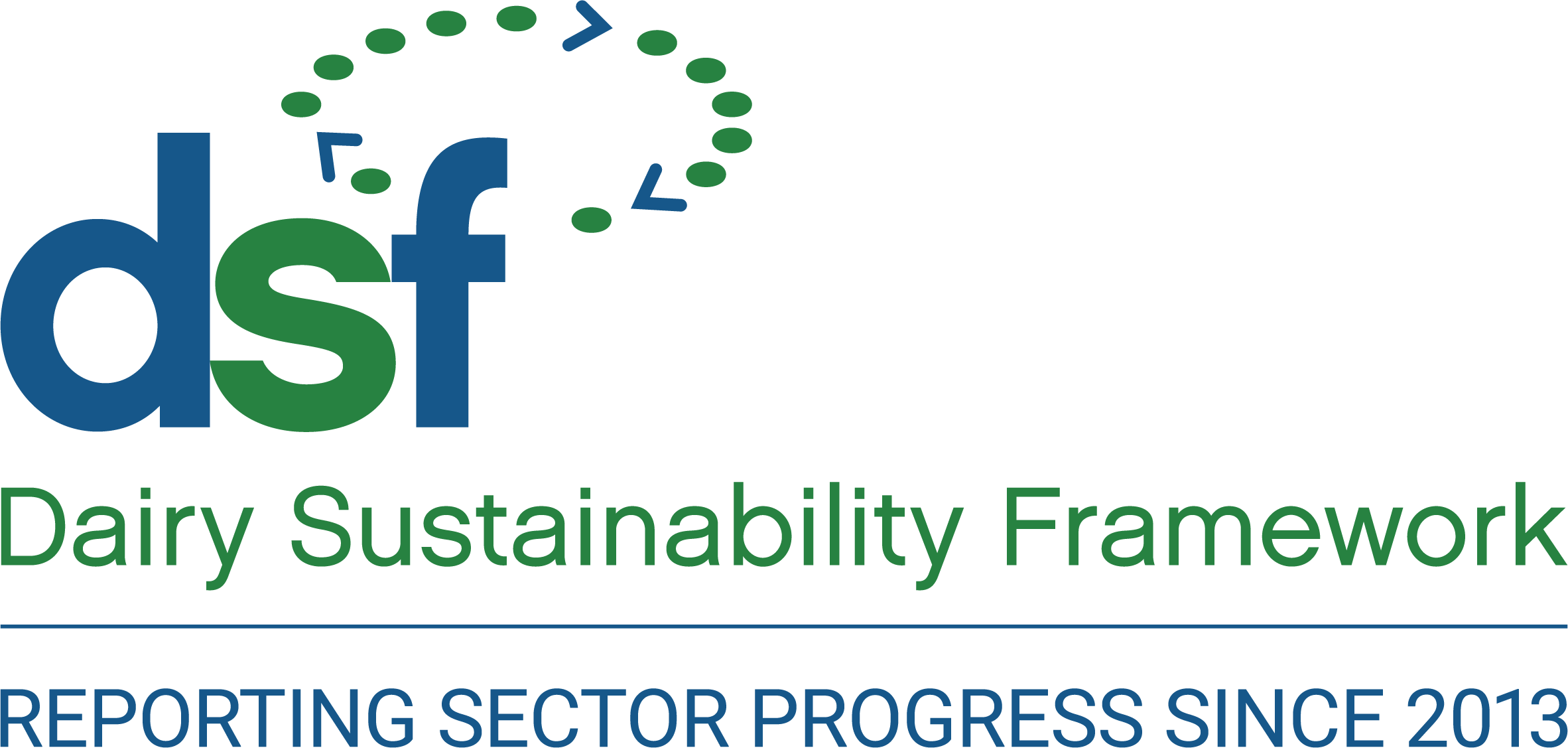How a new diet for gassy cows is helping the environment
How a new diet for gassy cows is helping the environment
Ruaraidh Petre, Global Roundtable for Sustainable Beef (GRSB) Executive Director and DSF ADCO Member wrote in a recent article in their GRSB Outlook:
"I have talked often in the past about the importance of investing in lower income countries where both cattle numbers and human population are expanding most rapidly. Unfortunately those same countries frequently have lower exposure to the most productive management systems and the least ability to invest in improving practices, and so the expansion of the herds often has a larger impact than it needs to have. It has been shown that regenerative practices such as Adaptive Multi-Paddock (AMP) grazing and holistic management can increase the carrying capacity of the land while improving soil quality and reducing environmental impact.
We should not forget the important roles that livestock have beyond the simple provision of primary products: meat, milk and hides. In many lower income countries they still provide draught power for cultivation and the role of manure is crucial in farming systems everywhere. Ruminants in particular upcycle nutrients from land that would otherwise not be able to produce human food, In maintaining healthy grasslands, they also play a critical role in the water cycle; healthy soils rich in organic matter absorb more water during heavy rainfall events and store it longer into dry periods thus reducing both flooding and drought.
The other side of the multiple contributions that livestock make is that sustainability is not only about the environment. While environmental sustainability is an essential leg to the sustainability stool, we cannot ignore the equally important social and economic angles — because they are all interrelated — the three cannot exist without each other.
Silvo-pastoral systems have huge potential to recover degraded lands in the tropics, and produce more human food as well as a range of timber and other by products from land that currently produces little. Investment is urgently required to increase uptake of silvo-pastoral and agroforestry systems around the world. They can deliver multiple benefits in the tropics and subtropics, which include many lower income countries where there are significant areas of degraded land. This video shows an example from Colombia."
